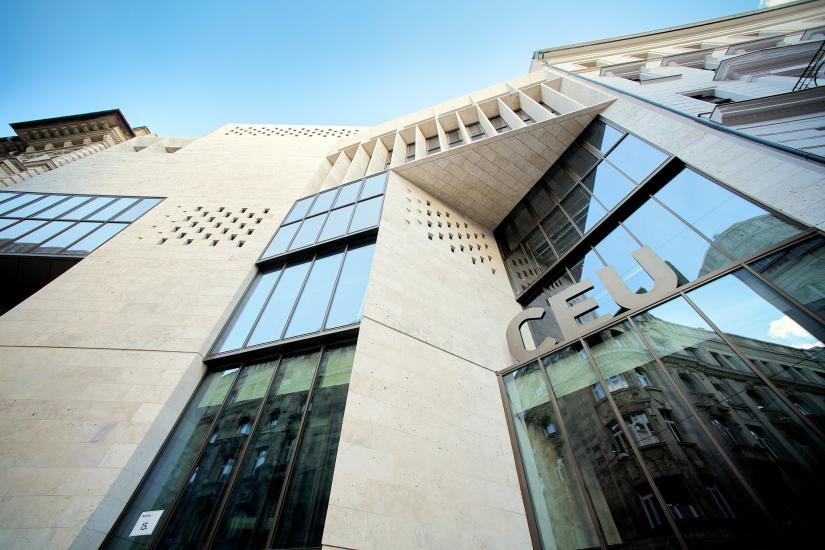
Professional trajectories, ideological reconversions and the politics of science
Conference at the Institute for Advanced Study, CEU
May 6-7, 2016
1051 Budapest, Nádor u. 11. / Smart Room (004)
SPONSORS
The Institute for Advanced Study, CEU
“Nicolae Iorga” History Institute of the Romanian Academy, Bucharest
Institute for Political History, Budapest
CONFERENCE DESCRIPTION
The conference aims to discuss how competing modernization projects in East Central Europe are generating their own technical, administrative and academic elites and how such professional groups come to shape the very processes they were called to steer. Concretely, we are focusing on how various technical-reformist and scientific-disciplinary projects (public hygiene, demographics, statistics, social medicine, physical anthropology, sociology, human geography etc.) populate and connect the larger political modernization projects. Elites, experts, discourses, technologies, diplomas and scientific templates travel inside transnational networks bringing (most often) Western European visions for local problems, dilemmas and reform attempts. In the process, local projects are assembled; “obligatory passage points” are created and new variants of social modernity and nation building get constituted.
We consider a series of successive and/or overlapping processes of modernization in East Central Europe with a focus on the resiliencies and continuities between different, sometimes ideologically opposed, political regimes underlying moments of historical fracture. We show how the implementation of each modernization project under analysis is characterized by a chronic deficit in human resources, especially at the level of intellectual (administrative, professional, technical) elites. As these categories are those called to implement specific visions of modernity, a recurrent strategy of diverse political regimes is that of recuperating older intellectual elites, ones that were in the service of previous projects, for the current tasks. This solution is a process common throughout Central and Eastern Europe, a strategy we claim is attuned to the particularities of the modernization processes in this part of Europe.
Starting from in-depth analyses of cases in Hungary and Romania, we aim to give the analysis an explicit comparative dimension across both historical periods and geographic areas. We give particular attention to processes that span over political and administrative borders looking at cross-national similarities and contrasts emerging from regional histories. The aim of the conference is to stimulate the emergence of a conceptual framework able to facilitate the understanding of contrasting visions of modernity, successive political regimes and ideological transfers from competing political models West or East of the region.
Conference website
Please visit the conference's website for details.